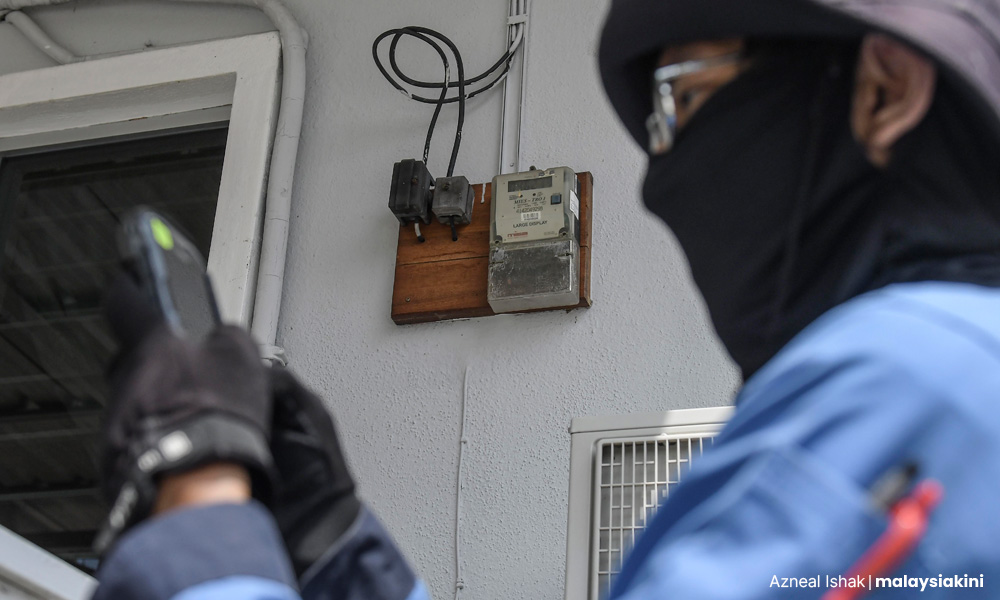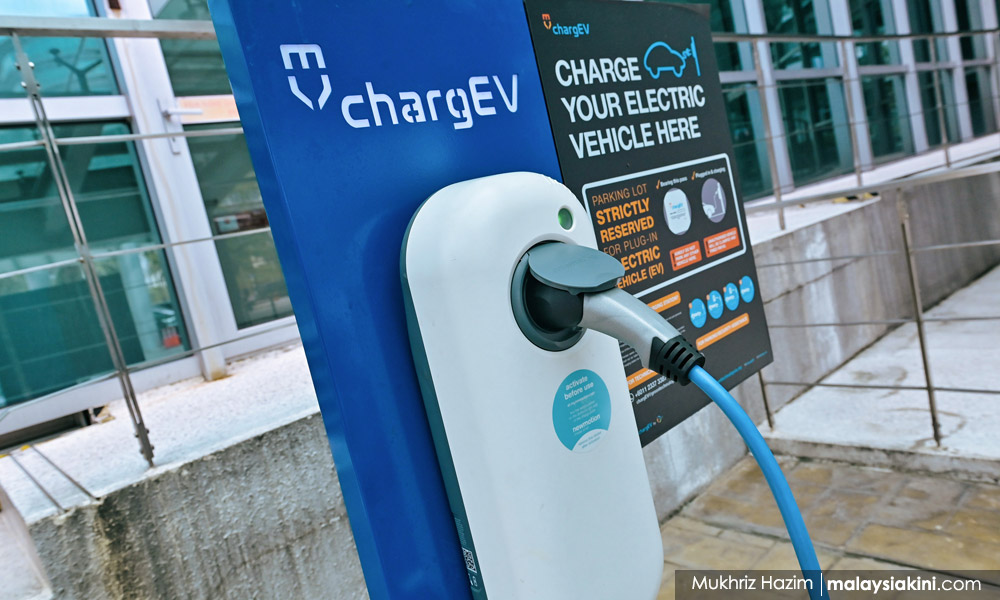A total of RM43.1 billion has been spent on fuel and electricity subsidies in 2022, not including RM6 billion paid to Tenaga Nasional Berhad (TNB) to ensure an uninterrupted power supply.
This consists of RM37.3 billion in petrol, diesel, and liquified petroleum gas subsidies and RM5.8 billion to subsidise electricity, Prime Minister Ismail Sabri Yaakob revealed.
As such, the prime minister said it is prudent to have an energy transition policy in place, to ensure sustainable supply.
“A holistic approach is needed to guarantee energy supply, environmental sustainability, and the prosperity of Keluarga Malaysia, on top of encouraging competitiveness and innovation in the industry, and boost economic growth,” he said.
The revelation comes following an announcement by Finance Minister Tengku Zafrul Abdul Aziz that the government is testing a targeted petrol subsidy mechanism, to ensure it is only enjoyed by lower income groups.
He said for every RM1 of petrol subsidy, 53 sen is enjoyed by the top 20 percent of income earners, while only 15 sen is enjoyed by the bottom 40 percent of income earners.
He also said the total subsidy bill for this year will reach nearly RM80 billion, the highest in history.
New energy policy
The prime minister revealed the cost of fuel and electricity subsidies this year when launching the National Energy Policy 2022 to 2040 (DTN) in Putrajaya today (above).
The policy outlines various targets to be met by 2040, including:
A total of 50 percent use of public transport in urban areas;
A total of 38 percent use of electric vehicles;
The use of B30 fuel for heavy vehicles;
The use of liquified natural gas as an alternative fuel in marine transportation by 25 percent; and
Efficient use of energy resulting in a reduction by 11 percent in commercial settings and 10 percent in residential settings.
He said the plan is expected to expand gross domestic product (GDP) growth by RM13 billion a year and generate over 207,000 jobs.

“The government is confident that the DTN is capable of ensuring that the energy sector is always ready to face future challenges.
“The sector is poised to open a new chapter, in line with global trends that have seen new sectors that are low carbon such as the use of EVs (electric vehicles) and new energy sources such as hydrogen and bio-based energy,” the prime minister said.
To achieve the objectives of DTN, he said 12 strategies and 31 action plans have been identified, to be implemented in the short, medium, and long term, in parallel with the implementation of the Five-Year Malaysia Plan.
National Energy Council, EV taskforce
The government has also agreed to set up the National Energy Council (MTN) to oversee the implementation of the new energy policy.
“I will chair the National Energy Council to ensure that DTN initiatives are implemented effectively by the various ministries and agencies based on accountability and their respective roles,” Ismail Sabri said.
The DTN is a “living document” that will be updated every three years by the MTN in accordance with factors such as technological advances, socioeconomic levels, and the balance of energy sources, he added.
“The government is now focusing on the development of EVs by offering various tax incentives to encourage activities such as assembly, production of components, as well as green technology services.

“It has also set up an EV Taskforce to develop and promote the local EV industry," the prime minister said, adding that four areas of the sector have become the main focus, namely expanding the use of EVs, developing charging infrastructure, developing talent, and attracting investments.
“Up to now, over 600 EV charging facilities have been installed nationwide and will be further enhanced via initiatives from companies such as TNB and Petronas on cooperation agreements with them,” he said.
To drive the development of hydrogen, Ismail Sabri said the government is finalising the Technology and Hydrogen Economy Roadmap.
“The government has also redistributed the renewable energy quota of 1,200 megawatts to drive the generation of green hydrogen. At present, Petronas is also working with various quarters on hydrogen generation,” he added.
Meanwhile, Minister in the Prime Minister Department (Economy) Mustapa Mohamed said the DTN is aligned with the country’s commitments toward the United Nations’ Sustainable Development Goal 7.
The goal is to ensure access to energy that is affordable, sustainable, and modern for all in facing the energy trilemma of ensuring supply, affordability, and sustainability. - Mkini




No comments:
Post a Comment
Note: Only a member of this blog may post a comment.